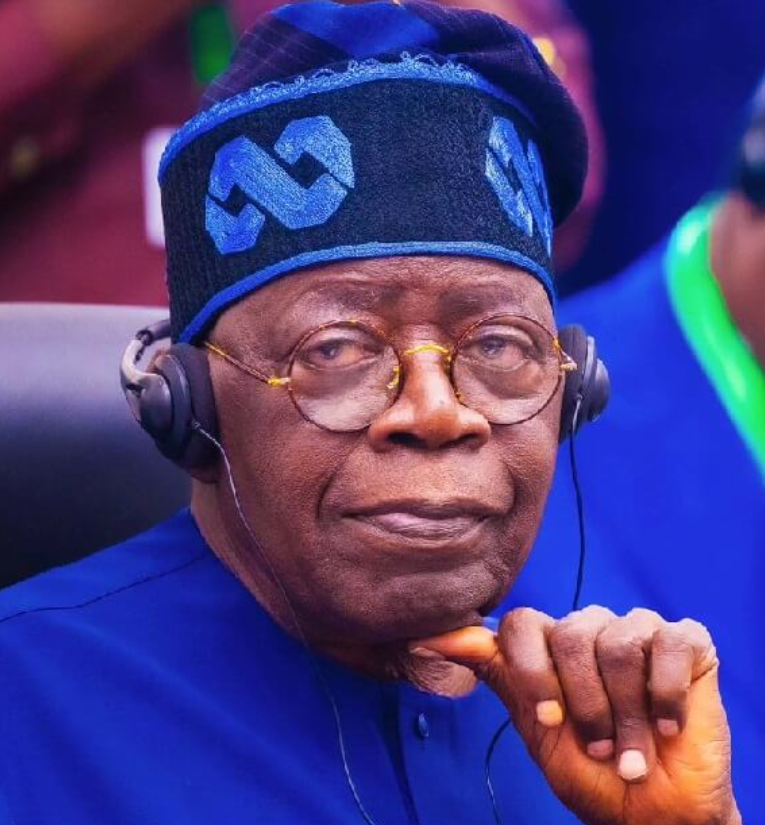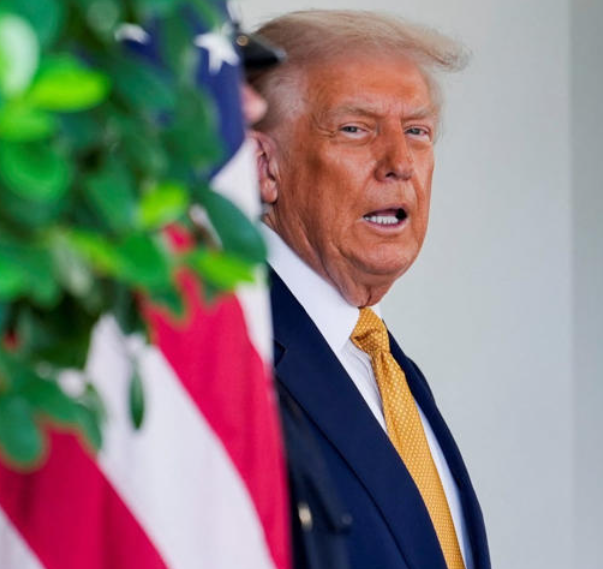
Photo Credit: The Cable
Unilever Nigeria has officially ceased the production and sales of its home care and skin cleansing products, marking the culmination of a strategic decision made 10 months ago. The multinational company had initially disclosed its intention to exit both markets on March 17, 2023, unveiling plans to discontinue iconic brands like Omo, Sunlight, and Lux.
This development was confirmed through Unilever Nigeria’s unaudited interim financial statements for the year ending December 31, 2023, which were recently published on the Nigerian Exchange Limited (NGX). The documents detailed the company’s implementation of its exit strategy, highlighting the significant impact on its portfolio.
The decision to discontinue production and sales in these categories reflects Unilever Nigeria’s commitment to reshaping its business landscape and focusing on core strategic areas. The move has triggered discussions within the consumer market, as these brands have been household names for generations.
In a statement in the company’s earnings report, Unilever Nigeria said production and sales “ceased in December 2023”.
Unilever said the factory used to produce the home care and skin cleansing products has been leased out to a third party.
“Subsequent to the company’s exit from the Home Care and Skin Cleansing categories, the factory buildings have been leased to a third party for a duration of 10 years, with annual rental payments,” the company said.
Unilever Nigeria’s exit from the homecare and skin-cleansing markets leaves the company with just the foods, beauty and wellbeing, as well as personal care products.
Prior to Unilever Nigeria’s exit from both markets, the company reported a decline in revenue and an increase in losses.
Revenue fell by 45.1 percent year-on-year to N16,48 billion in 2023, from N23,92 billion grossed between January to December 2022.
Also, loss increased to N3.72 billion last year, compared to the previous year’s N1.49 billion.
Industry analysts are closely monitoring the aftermath of this strategic shift, assessing the potential ripple effects on both Unilever Nigeria and the broader market.
Credit: The Cable








